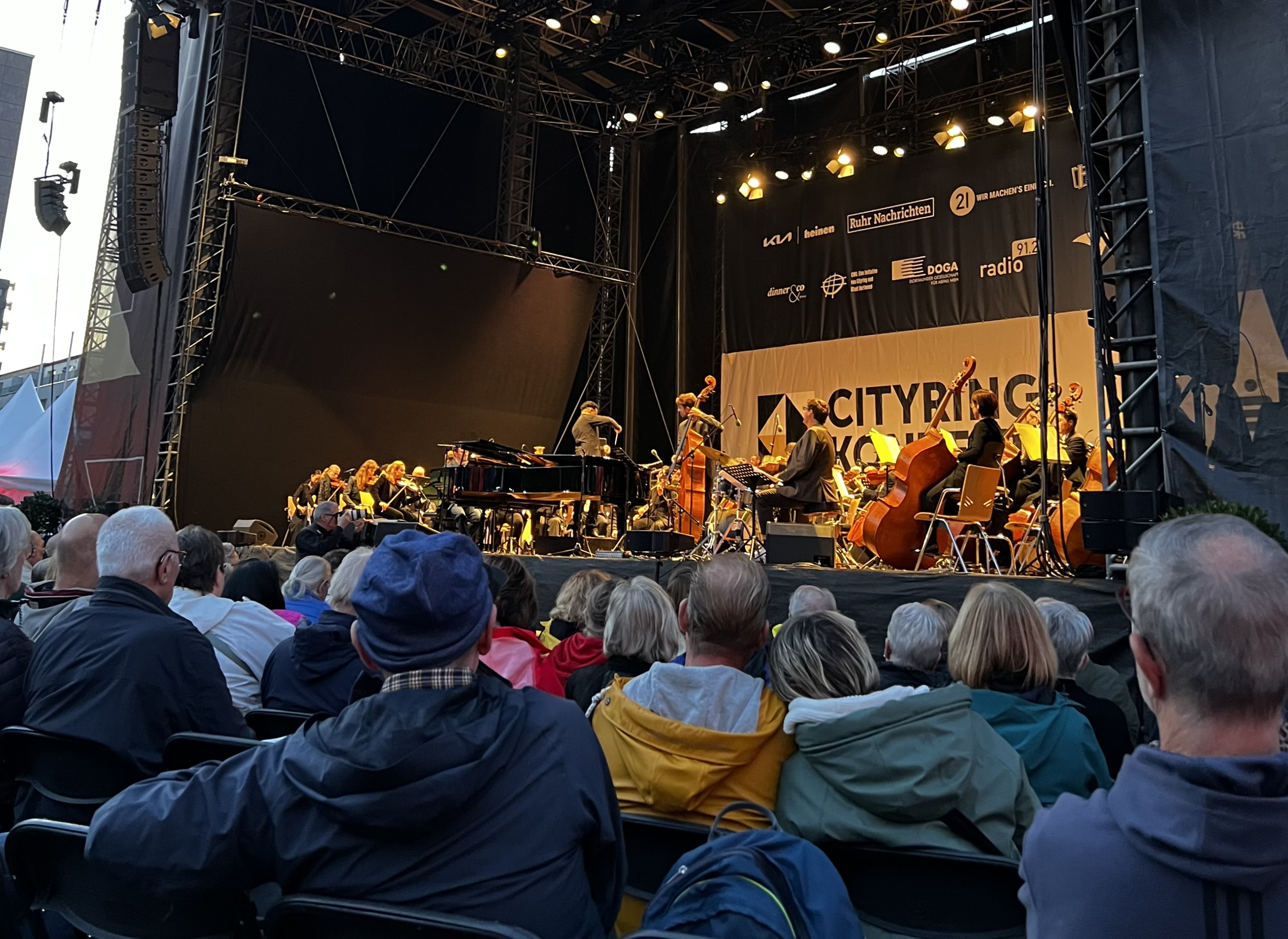The Power of Music to Connect Communities
In an age when divisions seem sharper than ever, music offers one of the few spaces where people can still come together without suspicion or agenda. Step into a concert hall, a church, a park during a summer festival: strangers sit shoulder to shoulder, and for a time, they breathe in rhythm, listen as one, and feel moved together.
That shared moment is not trivial. It is proof that despite our differences, there exists something deeper that connects us: a universal human need for expression, for beauty, for meaning. Music does not demand that we agree; it simply invites us to listen.
I have been fortunate to experience this truth across continents. As a cultural leader and consultant, I have worked with orchestras in the United States, Germany, Scotland, and India. In Seattle, I saw how a symphony orchestra could become a gathering place for an entire city—one that not only presented concerts but also gave voice to issues of equity and inclusion. In Glasgow, the Royal Scottish National Orchestra built a new home that became more than a hall; it became a beacon for community pride. And here in Dortmund, the city where I grew up, I now witness the Philharmoniker bring music directly into the heart of the community through concerts that are open to all. Each of these experiences reinforced for me that music is never just about sound—it is about belonging.
History reminds us of this power. Spirituals carried hope through oppression. Protest songs gave voice to civil rights movements. Folk traditions preserved the memory of entire peoples when borders shifted and identities were threatened. And in times of tragedy, we have gathered again and again around music - funeral marches, requiems, quiet hymns - to remind ourselves that grief, too, can be borne together.
What strikes me most is how music creates bonds where words cannot. In rehearsal rooms, I have seen musicians from across the globe - sometimes with no shared language - forge an immediate dialogue through sound. On city streets, musicians and ensembles transform passersby into participants, turning public space into performance space. The act of listening together is, in itself, an act of trust.
We underestimate this at our peril. As communities fracture, as isolation grows, music’s role is not decorative but essential. It can create bonds where politics fails, remind us of our common humanity when rhetoric hardens, and offer joy when we most need relief.
The question now is not whether music has this power - it always has - but whether we will give it the place it deserves. Supporting musicians, institutions, and opportunities for shared listening is not a luxury. It is an investment in social cohesion.
When the last note of a concert fades, what remains is not silence but connection. And perhaps that is the truest power of music: to leave us less isolated, and more a part of one another.




